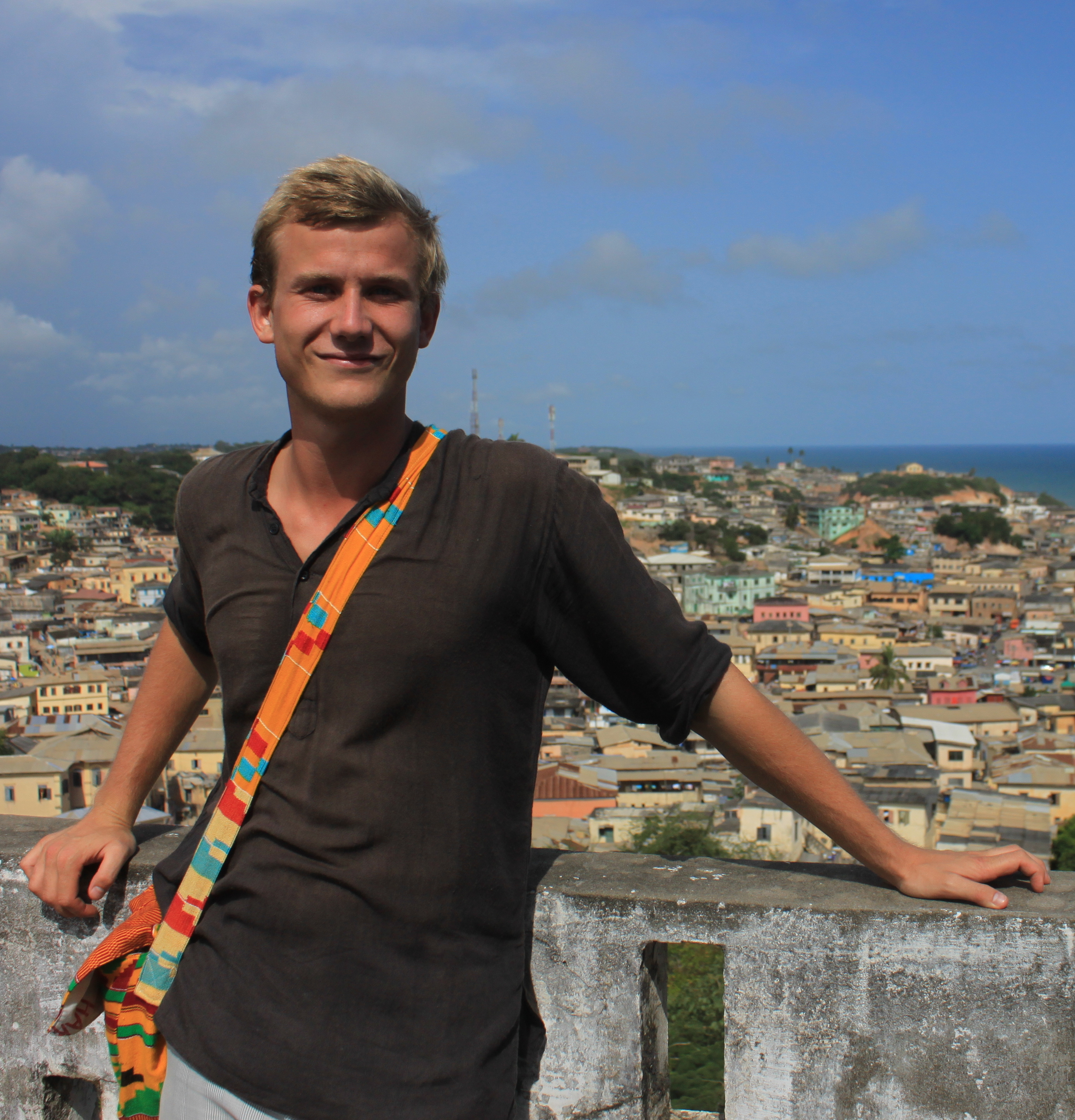From global environmental governance to municipal climate policy
Marius Weschke took a semester with Global Environmental Studies after completing his bachelor's degree in social anthropology at NTN . When he returned to Norway he began the search for relevant work experience.  Backed by a practice by labor offices NAV, he got an internship at the environmental and social department of the County Governor of Vestfold.
Backed by a practice by labor offices NAV, he got an internship at the environmental and social department of the County Governor of Vestfold.
The County Governor of Vestfold is the state's representative in the county, and the people who work there is a kind of a link between the municipality and the state. The Environmental and Civil Protection department works closely with the municipalities in Vestfold and actively works with various local and national plans. They monitor polluting enterprises and control municipalities actively with climate and environmental work. For me, a working day meant a lot of research and reading on various municipal and national climate policies. I've been in meetings, project planning and written letters. The tasks are usually about how you in a good manner guide municipalities and ensure that government policies are implemented, says Marius.
The background from the academic environment studies, he experiences as important for a job in the environmental and social department and the experience from Ghana came in handy in everyday work.
Both the local and national climate policy talks a lot about sustainability which we discussed a lot during the semester in Ghana. It is an important objective that municipalities should take action and provide a more sustainable profile and knowledge of just sustainability. After the semester, I also understood more about global climate issues and causes. I learnt a bit about the background to the policy which Norway leads, which also municipalities and the county have to deal with. The county also works a lot with natural resources and occupies a central position, among other thing, in the formation of the National Parks. In Ghana we talked a lot about issues, dilemmas and issues related to natural resources, and I am sure that many of the issues also are relevant in Norway, says Marius.
The most important lesson of the semester he still believes was a better critical thinking and a more holistic perspective.
- I believe we focused a lot on the underlying causes of many environmental problems, both locally and internationally. This gave us an understanding that there are often many more causes and consequences of a problem than you think. When it comes to environmental protection, this is of paramount importance, since when to administer an area such as a national park, it can affect a number of other conditions in the vicinity. With my own eyes I saw a very clear example of this when we went on various excursions in Ghana and talked to people, says Marius.
When he is finished with the internship at the governors, he wants to continue with international environmental studies. Behind him he has a bachelor's degree with a variety of studies abroad, including two semesters with Kulturstudier. In the beginning of his bachelor, he took a semester in Peace and Conflict Studies in India.
-I think that the main effect of the two semesters of Kulturstudier is the international experience I have had. By studying and living in two very different countries, with two very different cultures and literature, I now have an amazing breadth of my education. The fact that I have always studied social sciences, makes it important to have a width, and get different perspectives and impressions. The contrasts between a semester in India and Trondheim could hardly be greater, and the experience is impossible to read - it must be experienced, he concludes.